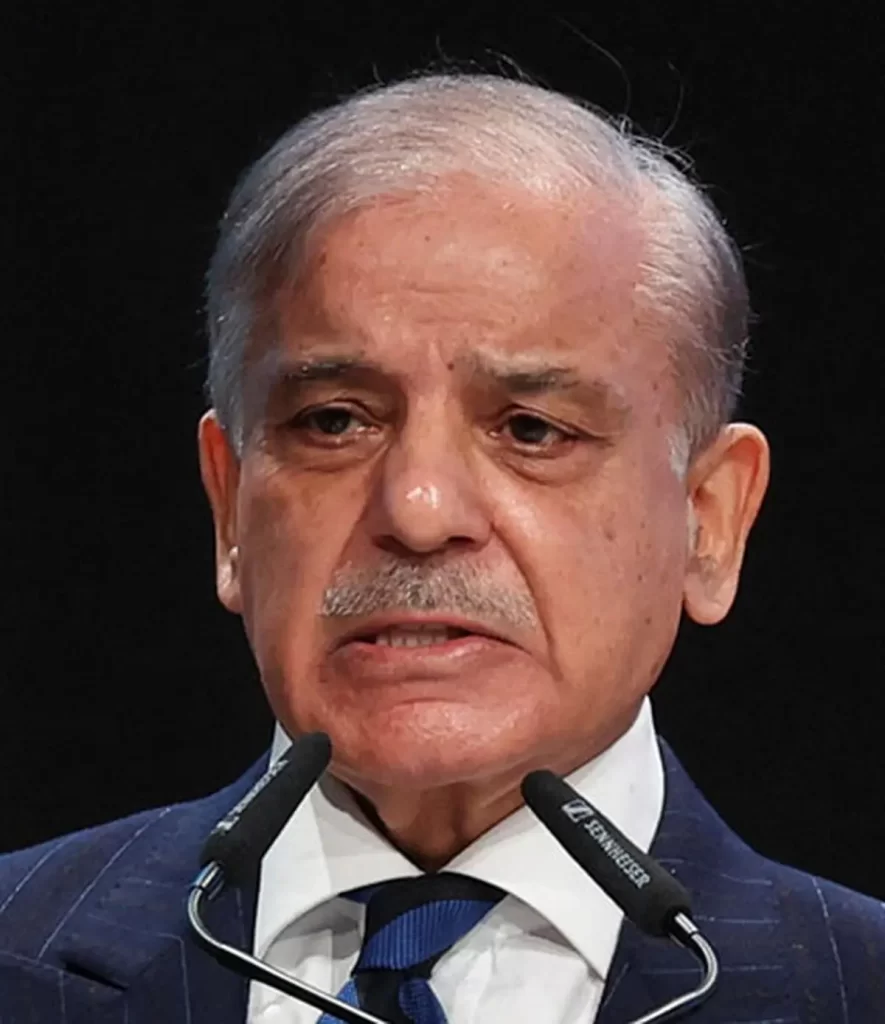In a revealing statement that has stirred both domestic and international attention, Pakistan’s Prime Minister Shehbaz Sharif admitted that the country’s military was not fully prepared at the time of India’s recent missile strikes. According to the Prime Minister, while the armed forces were placed on high alert, full operational readiness was delayed until after evening prayers. By that point, India had already launched a series of targeted missile strikes using its BrahMos cruise missile system.
The incident occurred in early May 2025, following a deadly attack on civilians in Jammu and Kashmir. India attributed the violence to militants operating from across the border and responded with a swift and calculated military operation. Among the key targets was an airbase near Rawalpindi, highlighting the precision and scope of the Indian strikes.
India’s decision to deploy the BrahMos missile—known for its supersonic speed and accuracy—was seen as a significant escalation in its military posture. Officials in New Delhi described the operation as a restrained but firm response to cross-border terrorism, aimed at deterring future attacks without provoking full-scale conflict.
The Pakistani Prime Minister’s admission has sparked debate within his country about the state of civil-military coordination and the preparedness of national defense systems during high-alert scenarios. Critics have questioned how such a lapse in timing could occur despite prior intelligence and regional tension.
On the global stage, the remarks have raised concerns over the potential for miscalculation between two nuclear-armed nations. Observers note that even limited military engagements in such a sensitive environment carry the risk of broader escalation if not carefully managed.
In the aftermath of the strikes, tensions briefly flared, with both sides mobilizing defense assets. However, diplomatic efforts quickly moved into high gear, and by May 10, both nations agreed to halt further military action. The situation has since stabilized, though the underlying tensions remain unresolved.
Analysts believe this episode marks a turning point in regional security dynamics. India’s use of advanced missile technology reflects a shift toward more proactive deterrence, while Pakistan now faces increasing pressure to reassess its defense protocols and response strategies.
Moving forward, the incident underscores the urgent need for improved crisis management mechanisms between the two countries. Direct communication channels, stronger intelligence cooperation, and mutual understanding are essential to preventing future confrontations and maintaining stability in South Asia.
The recent events serve as a reminder that even brief moments of unpreparedness can have significant consequences. As both nations evaluate their respective strategies, the emphasis must remain on restraint, readiness, and responsible leadership in the interest of regional peace.



